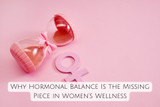Diet and Gallstones: What to Eat and What to Avoid?
Introduction
Gallstones, which develop when substances in bile harden, can cause significant discomfort and may even require surgical intervention if not properly managed. Gallstones develop when substances in bile, like cholesterol, crystallize, leading to blockages that affect digestion and overall well-being.
Diet plays a crucial role in both the formation and management of gallstones. Unhealthy dietary habits, high cholesterol, and rapid weight fluctuations can contribute to gallstone development, while specific foods can help prevent or alleviate symptoms. Understanding how to make the right dietary choices can be a key factor in preventing gallstone formation and managing symptoms if they occur. This blog will explore the types of foods to prioritize and avoid, helping readers understand how to protect their gallbladder health through smart dietary practices.
Understanding Gallstones
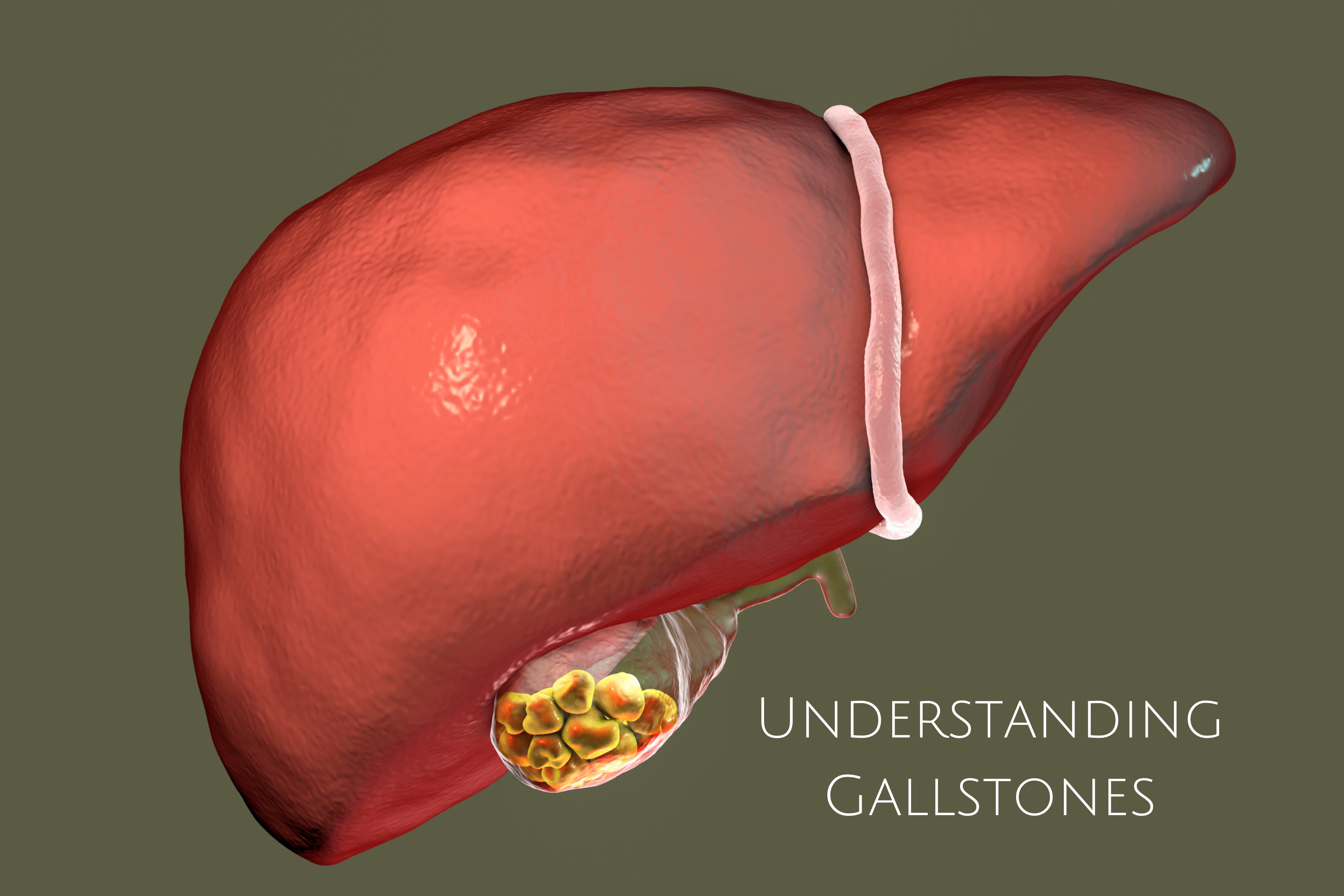
What Are Gallstones?
Gallstones are tiny, solid formations that develop in the gallbladder. They are primarily made up of cholesterol or bilirubin, a substance produced from the breakdown of red blood cells. Gallstones vary in size and type, with two main types commonly identified:
- Cholesterol Stones: These are the most common type, formed from hardened cholesterol. They typically occur when there is an imbalance in bile composition, particularly when cholesterol levels are high and bile salts are insufficient.
- Pigment Stones: Less common, these stones are made up of bilirubin and are more likely to form in people with liver cirrhosis, certain blood disorders, or infections in the biliary system.
Risk Factors
Gallstones are influenced by several risk factors, some of which are uncontrollable while others are linked to lifestyle choices. Common risk factors include:
- Age: Gallstones are more common in older adults.
- Gender: Women, especially those who are pregnant, on hormone replacement therapy, or taking birth control pills, are at higher risk due to hormonal fluctuations that increase cholesterol levels.
- Obesity: Excess body weight, particularly around the abdomen, increases cholesterol in bile, which can lead to gallstones.
- Genetics: A family history of gallstones increases the likelihood of developing them.
- Rapid Weight Loss: Sudden weight loss causes the liver to release extra cholesterol into bile, which can lead to gallstone formation.
Symptoms and Diagnosis
While some people with gallstones experience no symptoms, others may experience intense pain in the upper right abdomen, back, or shoulder blade area, known as biliary colic. In addition to these symptoms, many individuals may also experience bloating, abdominal pain, and changes in bowel habits.
To diagnose gallstones, healthcare providers may use ultrasound imaging, which provides a clear view of the gallbladder and any stones present. Blood tests may also be conducted to check for signs of infection or bile duct obstruction.
How Diet Impacts Gallstone Formation

The Role of Cholesterol
Cholesterol is a key component in gallstone formation, especially cholesterol stones. When there’s too much cholesterol in bile, it can crystallize and form stones. This imbalance often results from a high-cholesterol diet, which overworks the gallbladder and liver, leading to stone formation.
Fiber and Bile Production
A diet rich in fiber can help prevent gallstones by regulating bile production and maintaining cholesterol balance. Fiber binds with cholesterol in the digestive system, reducing the amount absorbed into the bloodstream. This binding action can help lower cholesterol levels in bile, thereby reducing the risk of gallstone formation.
Conversely, a balanced diet rich in fiber, healthy fats, and whole grains can help maintain a healthy weight and reduce the risk of developing gallstones.
Rapid weight loss, such as that caused by crash dieting, is another risk factor. Losing weight too quickly can disrupt bile production, leading to an excess of cholesterol in bile and increasing the risk of gallstones. A balanced diet that includes healthy fats, whole grains, and lean proteins supports gallbladder function and reduces gallstone risk.
Foods to Eat for Gallstone Prevention and Management
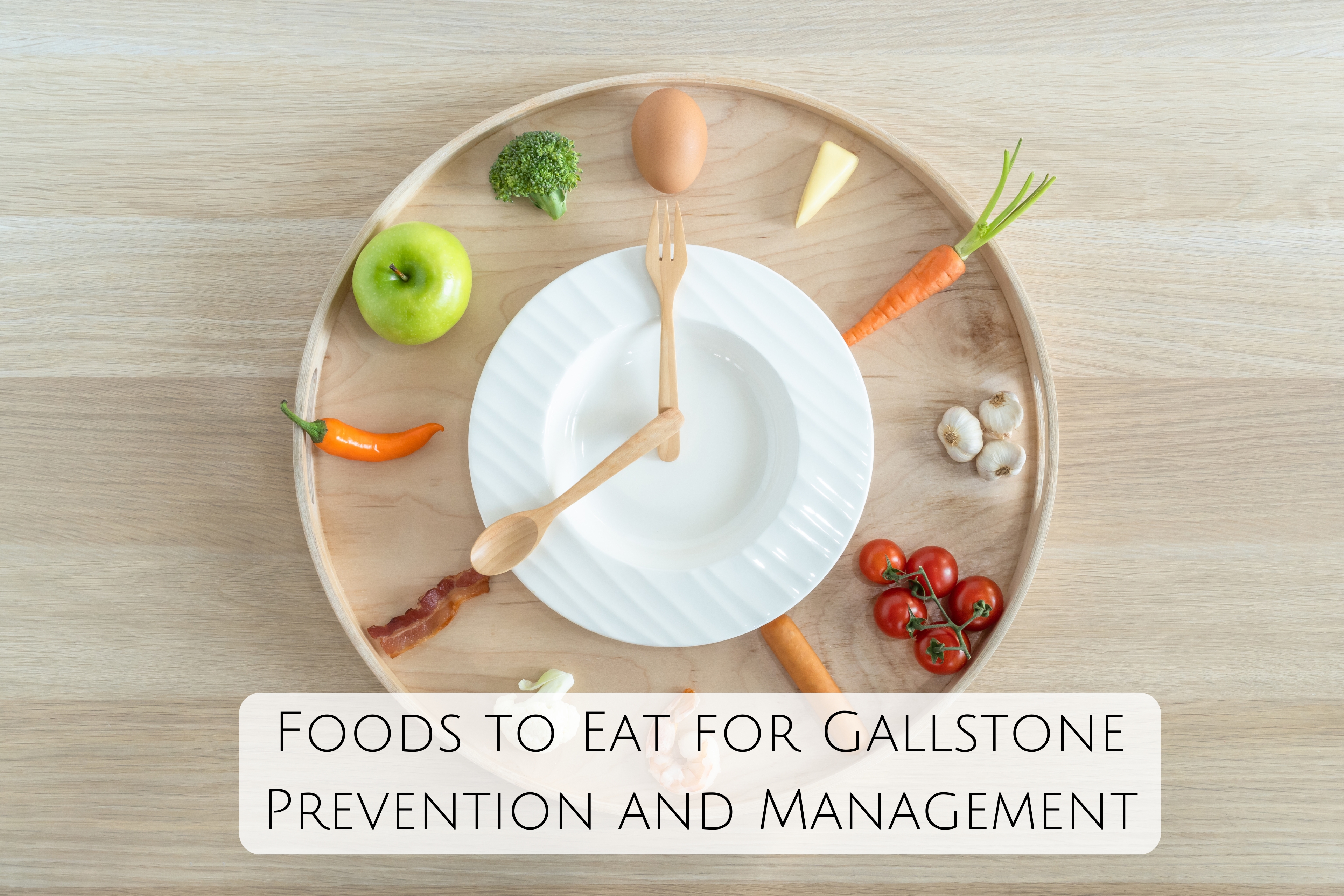
High-Fiber Foods
Fiber-rich foods, such as whole grains, fruits, and vegetables, promote regular digestion and can reduce the cholesterol in bile. Whole grains like oats, brown rice, and barley are especially beneficial, as they help regulate blood sugar levels and reduce the cholesterol that the gallbladder needs to process.
Healthy Fats
Incorporating healthy fats, such as those found in olive oil, avocados, and nuts, can support bile production without overloading the gallbladder. These fats are easier for the body to process and can reduce the risk of cholesterol buildup.
Lean Proteins
Proteins from sources like fish, chicken, and plant-based options (e.g., lentils, beans) are generally lower in unhealthy fats, which helps minimize inflammation in the gallbladder. Lean proteins can reduce the workload on the gallbladder and support overall digestive health.
Hydration and Water Intake
Staying hydrated is essential for gallbladder function, as it helps keep bile in a liquid state, reducing the risk of stone formation. Drinking plenty of water throughout the day can prevent bile from becoming overly concentrated, which is a primary factor in gallstone formation.
Foods to Avoid with Gallstones

High-Fat Foods
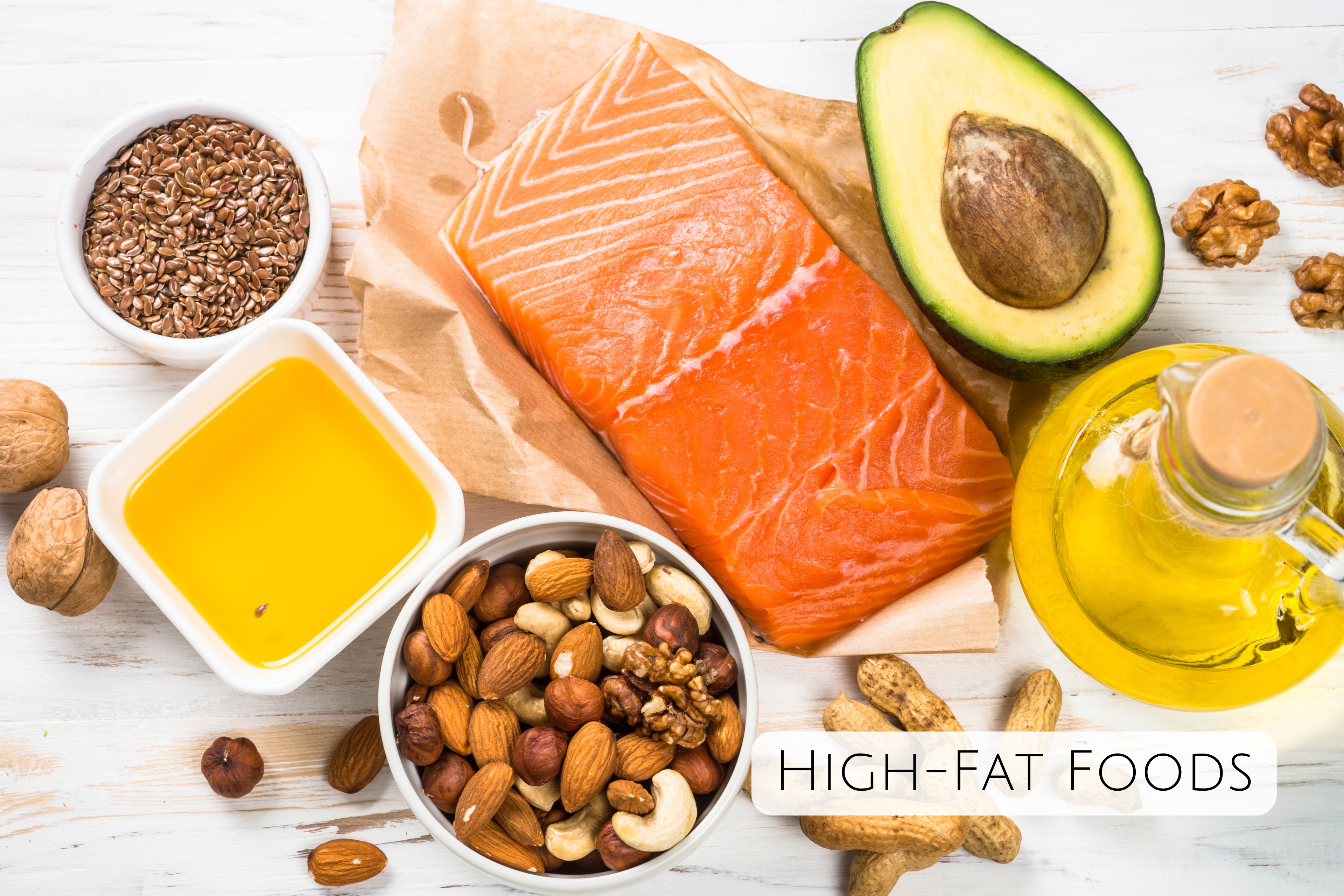
High-fat foods, such as fried items, fatty meats, and processed foods, should be limited or avoided. These foods require the gallbladder to work harder, releasing more bile, which can exacerbate gallstone symptoms.
Refined Carbohydrates and Sugars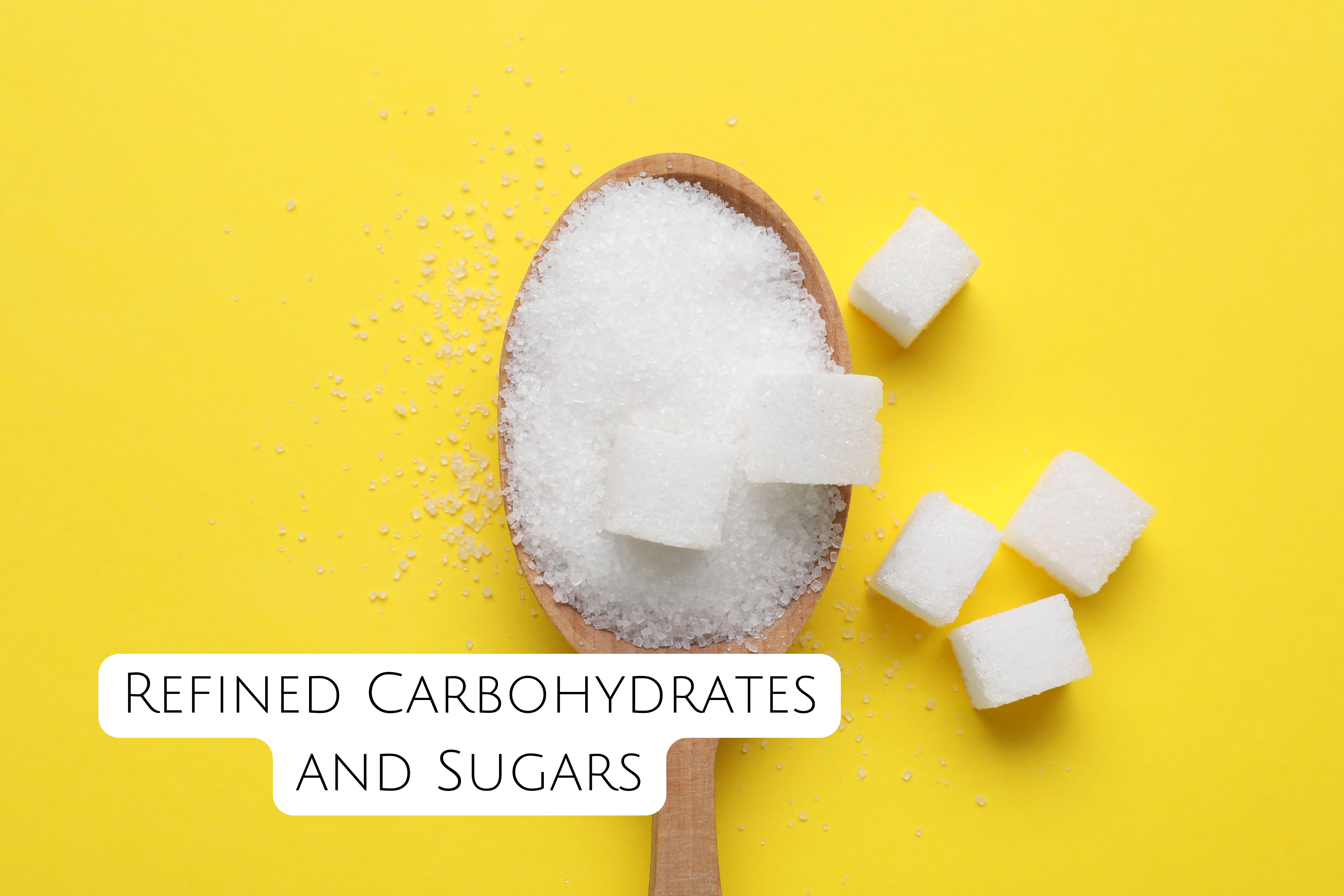
Sugary snacks and refined grains, like white bread and pastries, can increase cholesterol levels in bile and lead to insulin resistance, both of which raise the risk of gallstones. Opting for whole grains instead of refined carbs can support gallbladder health.
Dairy and Full-Fat Products
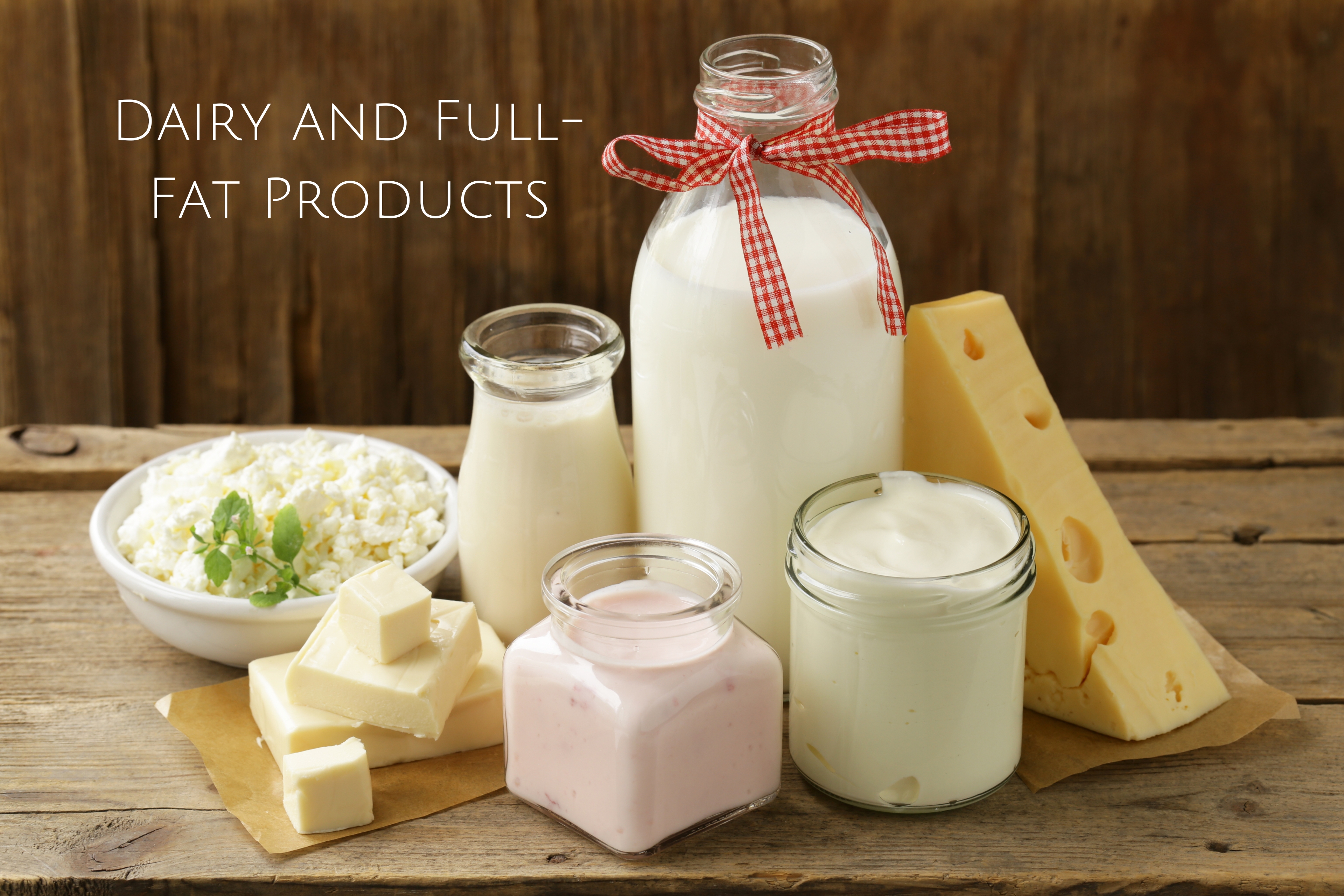
Full-fat dairy products, including whole milk, butter, and cheese, can contribute to gallstone issues due to their high-fat content. Low-fat or plant-based dairy alternatives can be gentler on the gallbladder and help avoid flare-ups.
Caffeinated and Carbonated Beverages

Some studies suggest that excessive caffeine and carbonation can stimulate the gallbladder and potentially trigger pain in those with gallstones. Limiting these beverages may help reduce discomfort.
Tips for Managing Gallstone Symptoms Through Diet
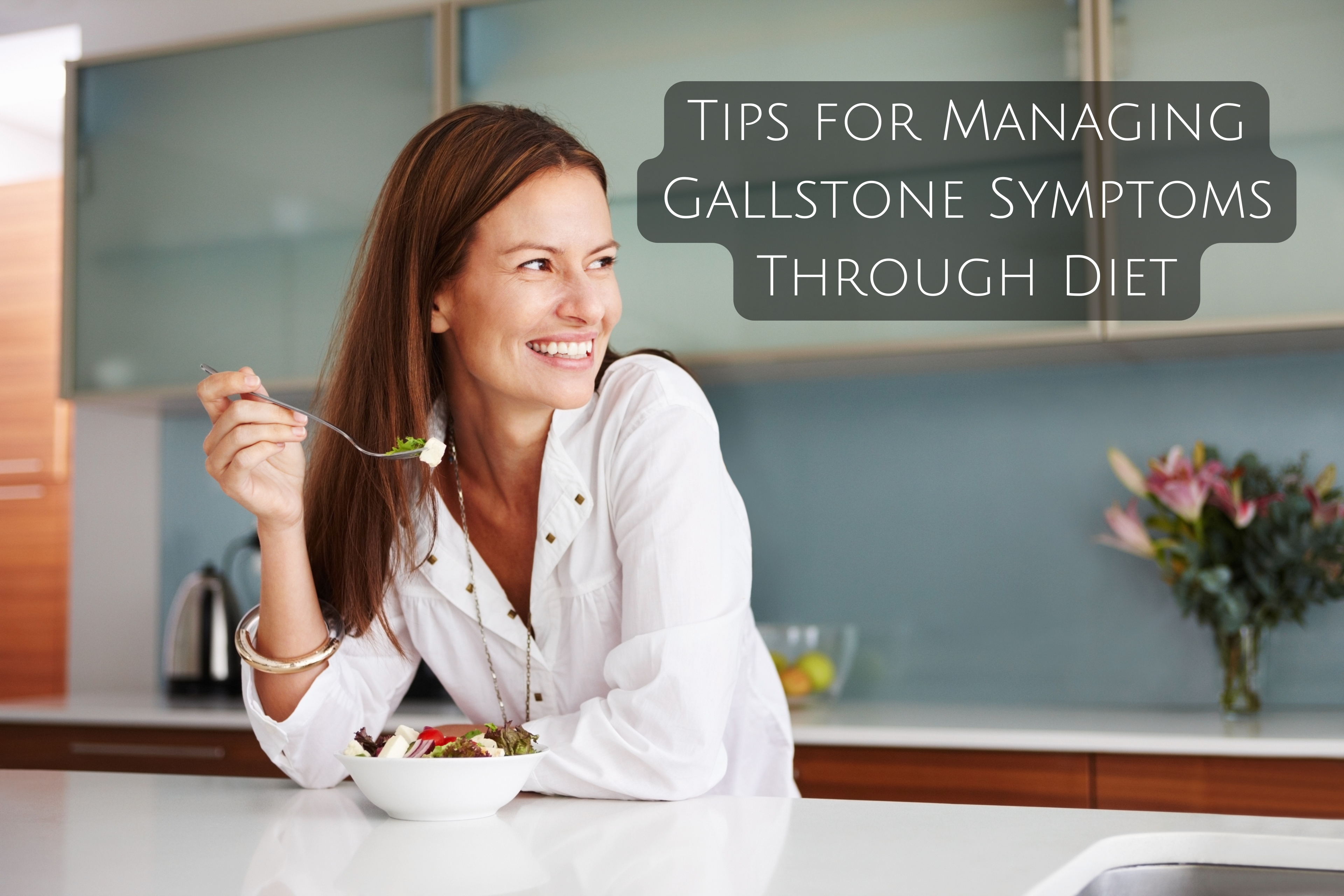
Eating Smaller, Frequent Meals
Eating smaller, more frequent meals can prevent the gallbladder from becoming overloaded with bile, reducing the risk of gallstone symptoms. Smaller portions also aid in smoother digestion.
Avoiding Late-Night Meals
Since digestion slows down at night, late-night eating can lead to bile accumulation in the gallbladder, increasing the chance of gallstone issues. Avoiding meals close to bedtime allows the gallbladder to rest.
Gradual Weight Loss
For those looking to lose weight, it’s crucial to do so gradually. Slow, steady weight loss prevents the liver from releasing too much cholesterol into bile, reducing the risk of gallstone formation.
Conclusion
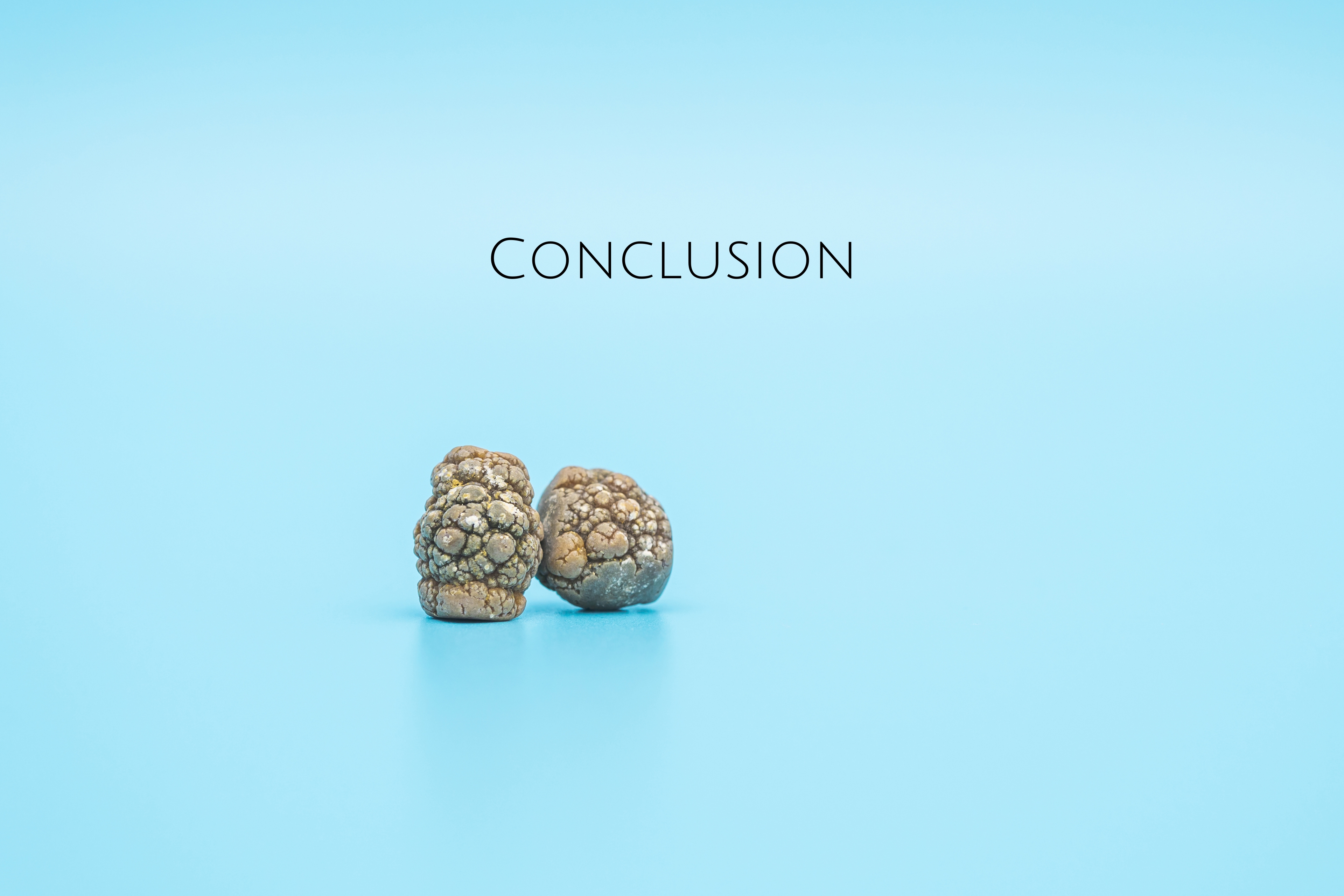
Maintaining a balanced, mindful diet is vital for preventing and managing gallstones. Prioritizing fiber, healthy fats, lean proteins, and adequate hydration can support gallbladder function and lower the risk of stone formation. While dietary changes can help, individuals need to consult healthcare providers if they suspect gallstone issues or have a history of gallbladder problems. By making smart dietary choices and adopting a balanced approach to weight management, individuals can promote long-term gallbladder health and reduce the likelihood of gallstone complications.
Understanding the impact of diet on gallstone formation empowers individuals to take control of their health, ensuring that their gallbladders remain in good working order and preventing painful episodes that gallstones can cause.
Recent Posts
-
The Mind-Body Connection: How Blood Sugar Affects Your Mood and Metabolism
Introduction: In today's fast-paced world filled with refined foods, chronic stress, and sedentary h
-
Why Hormonal Balance Is the Missing Piece in Women’s Wellness
Introduction: Hormones are the body's biochemical messengers that orchestrate nearly every aspect of
-
The Science Behind Mycotoxin Detox: What Does Research Say?
With increasing awareness of the impact of mycotoxins on health, the concept of mycotoxin detoxifica



